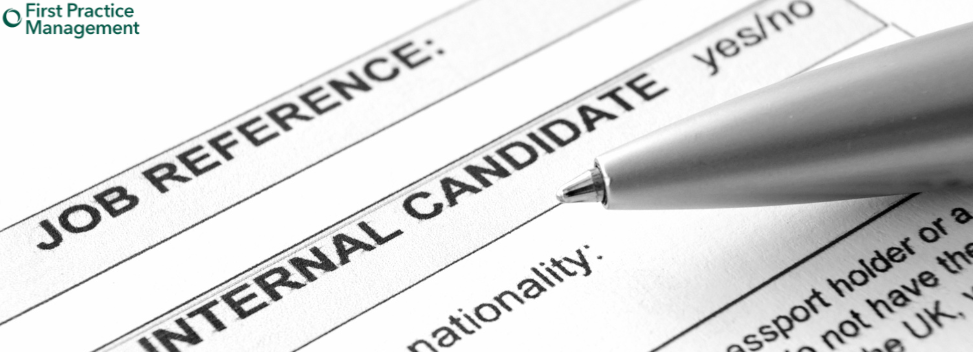
FPM HR expert Ciara Burns looks at the subject of giving employee references, and advises what the best approach is when providing references, how you can avoid potential risks and claims, and what we can learn from previous caselaw.
In this new series of articles, our HR expert Ciara Burns looks at the subject of giving employee references, and advises what the best approach is when providing references, how you can avoid potential risks and claims, and what we can learn from previous caselaw.
Providing staff references has become a common query on the HR helpdesk over the past 12 months and there seems to be confusion on what employers’ obligations are. By law, an employer does not have to give a reference unless they work in the regulated Financial Service sector or if there is a written agreement to do so, such as in a contract of employment or in an email.
Primary reasons for giving references
When requesting a reference, it is important to ensure fairness and accuracy, particularly if the reference includes details about an employee's performance. Prospective employers typically seek references for two primary reasons:
- Verification: References help validate the accuracy of statements and claims made by the prospective employee during their application process and interviews.
- Suitability and potential: References provide the previous employer's perspective on the candidate's suitability for the specific role and their potential for future growth.
When providing a reference, statements describing characteristics that involve race, religion, or other similar aspects should be avoided. It is best to keep the reference brief, for example only providing the start and end date of employment and their job title (this is known as a basic reference).
There may be a request for a detailed reference (also known as a character reference). This involves answering questions about the employee and providing information on their performance, attendance, skills, any disciplinary details and the reason they left their role. The amount of detail provided is up to the employer and some may have a reference policy which prevents detailed reference being completed.
After securing employment, an employee has the right to read references provided for them. If they find them misleading or inaccurate, they have the option to challenge this by making a tribunal claim. This typically occurs when detailed references are provided, therefore employers should exercise caution when providing this type of information. If opinions are expressed, there should be supporting evidence to back them up; for example, in the case of a difficult employee who was subject to disciplinary procedures, you need to be able to back this up by evidence.
If, for instance, you have an employee who has had many sickness absences and you disclose this without the employee’s agreement, this can potentially be a breach of GDPR as it is sensitive information. Further to this, the employee may lose the job offer which can lead to claims of victimisation, disability discrimination etc. If you receive a request for a reference and the employee is still employed at the Practice, you should still provide the reference if you have an obligation to do so. If, for example you dismiss the employee as they have received a new job offer, they can raise a claim for unfair dismissal.
Recent case law
There are many risks in providing references which is why most employers opt to send basic references only and most organisations have a reference policy in place. A discrimination claim recently made its way to a tribunal (Citizens Advice Merton and Lambeth Ltd v Mr P Mefful) after an ex-employer made comments on the employee’s sickness absence in a reference.
The employee who was made redundant had a job offer rescinded due to the reference made. He claimed that he suffered victimisation and disability discrimination as a result of this. Throughout the employee’s 8 years in employment, he had two periods of sickness absence which were lengthy. The first period was after he and his partner lost a baby, and the second absence was because of hearing loss in his right ear and shoulder pain. The reference provided confirmed that they would not re-employ the employee and during the tribunal the ex-employer confirmed that this was because of his sickness absences.
The tribunal found that the records on the employees’ absence were overestimated, and his new employer were provided with an inaccurate reference. The tribunal also stated that the employer did not provide any favourable information about the employee personally or about his performance, which amounted to detriment and appeared to create a false and misleading impression of his 8 years in employment.
Having a policy reduces your risk
The above case is a clear example of how employers can still be found liable after the employment has come to an end. Employers need to keep accurate records of employee’s attendance and if they are commenting on this in a reference, they need to be able to back it up. When providing a reference, it is important to ensure that you remain fair and factual; the above case is a decision made by a tribunal which means it is not binding, however it is a reminder that references need to be provided with caution and that it would be beneficial for employers to have a reference policy in place. The FPM Core compliance system has helpful reference policies available to FPM Members.


0 Comments